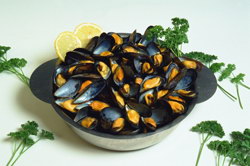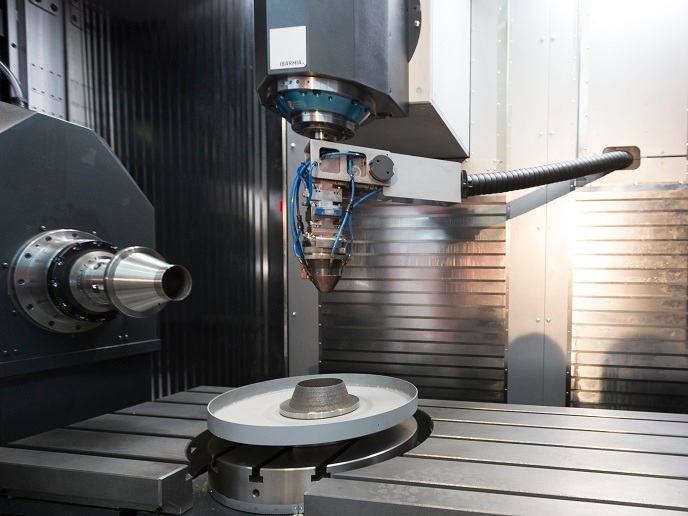Getting more from your mussels
Mussels have long been the culinary pride of Brussels, and it is no wonder that the EU is improving mussel harvesting now that these 'fruits of the sea' are popular worldwide. The EU-funded project Musselharvest aimed to address the phenomenal growth in aquaculture, specifically in relation to mussels. The project worked on developing new and less costly equipment to harvest, grade and retube mussels under one integrated system, ensuring high quality production and marketability. The main objectives, therefore, were to enhance mussel production which involves growing mussels on a suspended rope system in the sea, called a longline. Musselharvest therefore developed a device that in combination with a retubing machine attached the retubed mussel sock to the longline backbone. It also worked on another device that would detach the mussel dropper from the longline backbone before stripping mussels from the dropper. The project team then developed a cost-effective stripper that would minimise damage to the mussels and increase profitability. Other equipment advances included a grader that could accurately sort the size, weight and food content of mussels, as well as a starwheel hauler to drag the harvesting vessel along the longline. The team also conceived a hydraulic power pack with an integrated control system. Through all these advances the project developed two pilot systems and tested the new equipment for putting out mussel seed collectors and socks, as well as for mussel harvesting and grading. Initial success with these prototypes looks promising, and the impact on the mussel harvesting industry could be quite positive. This cost-effective mussel-harvesting equipment will facilitate offshore harvesting of blue mussels and improve the quality, making Europe more profitable and competitive than before in this sector.







